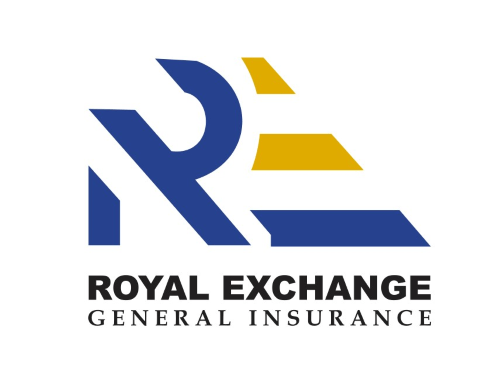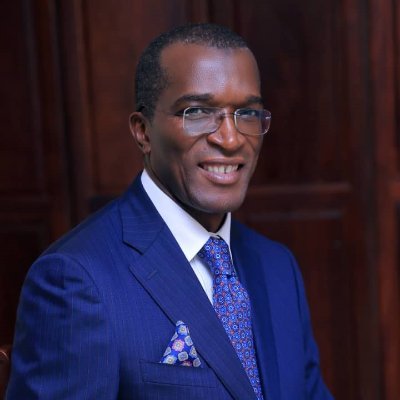REGIC runs 75% company’s operation on Kissflow Low-Code Platform
By Favour Nnabugwu
Royal Exchange General Insurance Company Limited (REGIC) now run 75 percent of the company’s operation on Kissflow Low-Code Platform, an extensive digitalisation of its internal business operations using the Kissflow Low-Code Platform
As a result, 75 percent of the company’s enterprise operations now run on Kissflow’s Platform, yielding a significant degree of automation and substantial enhancement to the efficiency of operations.
Chief Digital & Information Officer at REGIC, Mr John Again stated, “Customer experience is paramount to success in the insurance industry and any delays in processing claims can result in attrition and tarnishing of the brand image.
“To elevate our level of service, we recently undertook an enterprise-wide digitalisation journey by leveraging Kissflow. To date, we have successfully digitalized eight core operations including policy booking and claims which translates to more rapid and responsive customer service, and enhanced productivity for our employees.”
Using the Analytics module of the Kissflow platform, REGIC has also implemented real-time dashboards to track the progress of claims processing. This flag claims that are approaching deadlines and creates accountability, encouraging strict adherence to SLAs.
Moreover, the automation ensures that customers are kept up-to-date via email or SMS at every stage in the claims process. As a result, the insurance provider was able to bring down claims processing time from three days down to two hours and reduce customer churn by 80 percent.
Because of the ongoing digitalisation made possible by Kissflow, REGIC has also been able to embrace hybrid work, thereby ensuring its operations continue smoothly no matter where the employees are based. The benefits of this were evident during the Nigerian elections when employees worked from home and could still ensure customers’ requirements were served.
Another key area enhanced by Kissflow has been budgeting, which thanks to digitisation and automation is now both highly transparent and streamlined. This visibility and control has helped reduce instances of budget overruns at the company by 85%.
Royal Exchange General Insurance is now looking to build on its successes with Kissflow and is currently looking to leverage the platform’s low-code capabilities further for building custom application development. Kissflow low code largely aims to eliminate the technical skills barriers by enabling both IT & non-IT staff such as line-of-business managers and department heads to collaborate and rapidly develop customised applications that automate and streamline business processes.
“We are looking to build an investment app & HR app, and Kissflow’s Low-Code platform will enable us to engage all relevant stakeholders in the development process which will no doubt yield impactful outcomes,” said Agbai.
“Kissflow’s no-nonsense user interface and powerful functionality have helped us in showing value to our end-users and get management buy-in thus increasing user adoption and change management. We have gone from IT-driven transformation initiatives to the end-user-driven ones. More and more, employees and management are coming up with problems to solve using Kissflow,” Agbai added.
Commenting on the significance of Kissflow’s solutions to his organisation’s long-term IT objectives, Agbai concluded, “Kissflow has put our company on a new digital transformation journey. Their solutions have dissolved traditional barriers to innovation and redefined roles in our organisation by empowering individuals beyond the IT team alone. We now consider Kissflow, a strategic partner in



